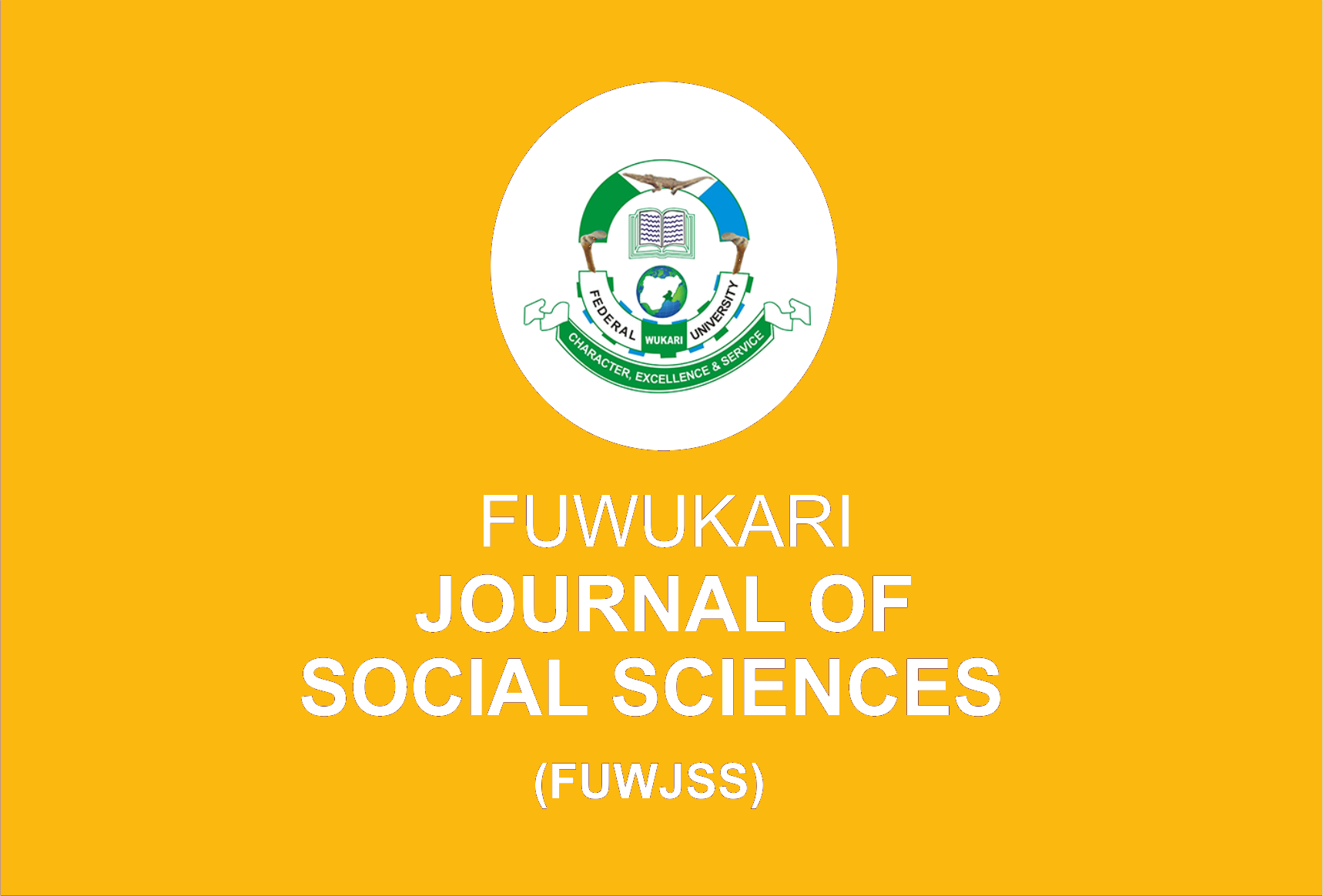Institutions, Public Debt And Human Capital Development In Nigeria
Sani Yusra Abubakar, Auta Elisha Menson, Danlami Victor, Balogun O. Stanley, Abdul Bashir Y. Umar, Muhammad Hanifah
Keywords: Institutions, public debt, human capital development, ARDL, rule of law
Abstract
This study examines the impact of institutions and public debt on human capital development in Nigeria spanning the period 1990-2022. The time series data were sourced from World Bank Governance indicators, World Development Indicators and International Monetary Fund Financial Statistics. The study employs autoregressive distributed lag (ARDL) model bound testing approach for model estimation. The series were stationary at levels I(0) and first difference I(1). The results of of ARDL estimation show that public debt and institutional indicators (government effectiveness, regulatory quality, control of corruption, voice and accountability) are statistically significant in influencing human capital development in Nigeria in both short run and long run. Results also show that institutions are essential for economic debt management and sustainability. The study concludes that budgetary measures are required to minimize the rising pubic debt and debt service by initiating policies geared towards increasing non-oil revenue in Nigeria. The study recommends appropriate measures to enhance institutional quality in Nigeria through anti-corruption measures that strongly support favourable investment environment, strengthen the rule of law by protecting property rights and independence of the judiciary.
Author Biography
Sani Yusra Abubakar, Auta Elisha Menson, Danlami Victor, Balogun O. Stanley, Abdul Bashir Y. Umar, Muhammad Hanifah
Department of Economics, Faculty of Social Sciences, Kaduna State University.
Corresponding Email: [email protected]

